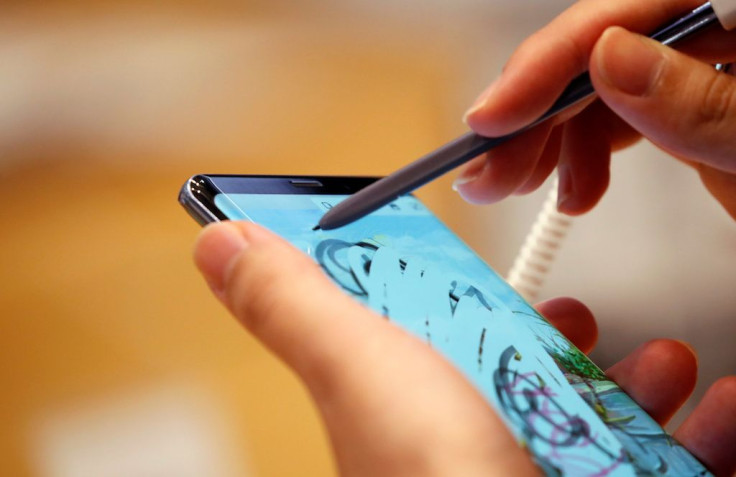Samsung Galaxy Note 9 Might Not Have In-Display Fingerprint Scanner, Analyst Says

The Samsung Galaxy S9 and S9+ are scheduled to arrive next week on March 16, but rumors about the Galaxy Note 9 are already surfacing. An analyst believes that Samsung might not include an in-display fingerprint scanner for the Note 9 when it’s released later this year.
This bold new prediction comes from KGI Securities analyst Ming-Chi Kuo. In a note to investors Thursday, which has been seen by AppleInsider, Kuo says that Samsung will most likely drop the in-display fingerprint scanner for the Note 9 due to technological difficulties in adopting the new technology.
Kuo also said that Samsung is still facing some problems with putting an in-display fingerprint scanner on the Note 9. Some of the challenges that Samsung is facing include an issue with screen protectors and other situations that can adversely affect the success rate of the in-display fingerprint scanner. Samsung is said to have already tested ultrasonic and optical solutions, but neither have met the company’s standards.
Kuo specifically said that it’s “likely” that Samsung will decide to drop the feature for the Galaxy Note 9, so there’s still a little bit of chance that the South Korean phone maker may still move forward with including it. It would be a bit of a shame if Samsung is unable to deliver an in-display fingerprint scanner for the Note 9, considering Vivo has already managed to do it with the X20 Plus UD.
The Vivo X20 Plus UD is using Synaptics’s Clear ID fingerprint scanner, which is able to work underneath OLED displays. It has impressed a lot of consumers and critics, but one of its disadvantages is that it’s a bit slower than traditional current-generation scanners. It also doesn't work if the phone's display is covered with a thick screen protector.
Kuo remains optimistic on the wider adoption of in-display fingerprint scanners since it’s considered as an integral feature for true full-screen smartphones. However, with Samsung potentially ditching it for the Note 9, mass market adoption of the technology may not happen until the first half of 2019.
The analyst also doesn’t see facial recognition as a more secure option than a fingerprint scanner. He believes that fingerprint scanners are still superior to facial recognition in terms of reliability and security, according to Slash Gear. Apple believes that its Face ID technology for the iPhone X is more secure and accurate, but researchers have already proven that it can be fooled.
© Copyright IBTimes 2025. All rights reserved.



















